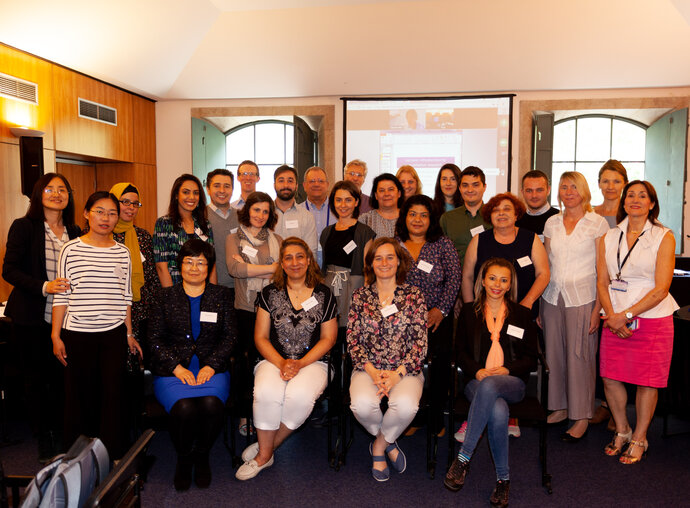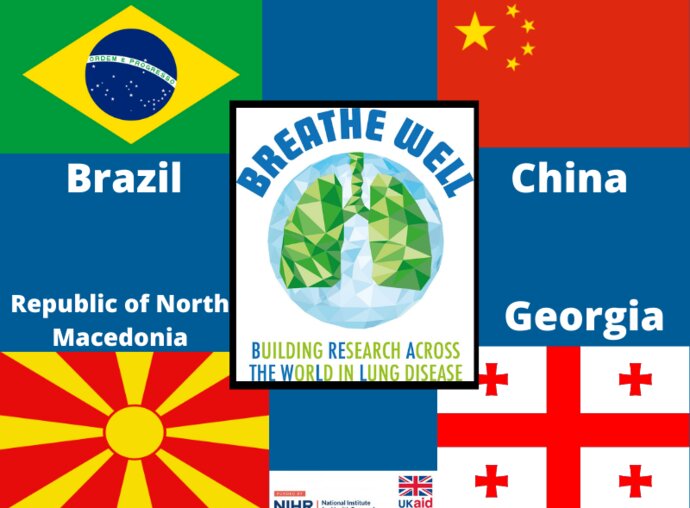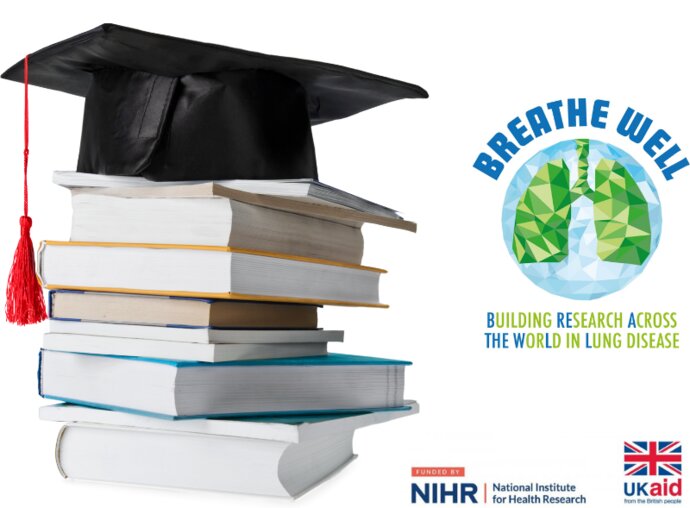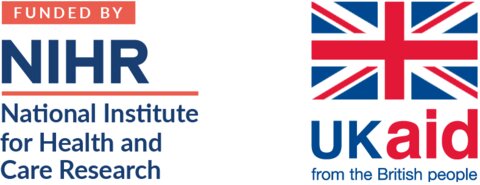NIHR Breathe Well
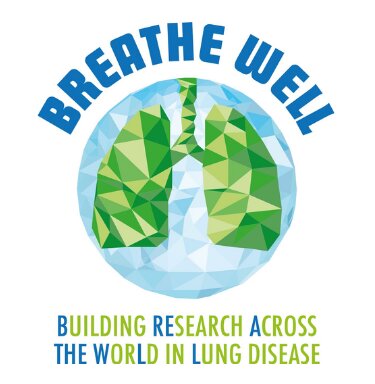
The National Institute for Health Research (NIHR) Global Health Research Group on Global COPD in Primary Care was set up in 2017 and ended in July 2021, although publications are still in progress and negotiations with stakeholders to sustain the work continues. It is a partnership between the University of Birmingham, the International Primary Care Respiratory Group (IPCRG) and primary care or public health research teams in Brazil, China, Republic of North Macedonia and Georgia. IPCRG facilitated the introductions. The partnership is known as Breathe Well.
Aim
The aim of the Breathe Well partnership was to foster research in primary care and the community to improve the diagnosis, management and prognosis of COPD patients in low- and middle-income countries. Together, we aimed to:
- Develop and consolidate a sustainable collaboration and shared vision;
- Strengthen local research capacity in the partner countries in community-based COPD research and in generic population research methods;
- Co-create a local plan for evaluating approaches for identifying undiagnosed COPD in the community, adapted to cultural needs and local healthcare infrastructure;
- Adapt evidence-based behavioural approaches for the management of COPD, according to cultural needs and the local healthcare infrastructure and to assess the feasibility of their implementation;
- Build a robust platform for future collaborative research with the partner countries and other similar settings.
Rationale
Chronic obstructive pulmonary disease (COPD) is a long-term incapacitating respiratory condition. The Global Burden of Disease Study for 2016 estimates 251 million people worldwide suffer from COPD. It is currently the 4th leading cause of death worldwide. COPD is also a major cause of morbidity due to persistent symptoms, reduced lung function and intermittent exacerbations that adversely affect functional status and quality of life. Around 90% of COPD deaths occur in low- and middle-income countries (LMICs) and it disproportionately affects the most disadvantaged populations.
The main causes of COPD, including smoking and exposure to indoor and outdoor air pollution, are more common in LMICs. However, awareness of COPD and its causes is very low. Access to diagnosis and treatment services is also inadequate. Over half of people who have COPD do not know they have the condition and are not receiving treatment which could help them. Services to help smokers quit are patchy, inhaler medications are often too expensive and other forms of effective treatment eg education, support for physical activity and management of breathlessness are rarely available.
In China, recent estimates are that 99.9 million people aged over 20 have COPD, mainly due to tobacco smoking, exposure to PM2.5 from indoor biomass and ambient air pollution.
However, awareness of COPD is very low. Over half of people who have COPD do not know they have the condition and are not receiving treatment which could help them. Local community healthcare systems are in development and limited treatment is available, especially in poorer areas. Services to help smokers quit are patchy, inhaler medications are often too expensive and other forms of effective treatment eg immunisation, education, support for physical activity and management of breathlessness are rarely available. Improving access to healthcare and identification of cost-effective approaches for earlier detection, smoking cessation and pulmonary rehabilitation for people with COPD are therefore important priorities for health systems.

